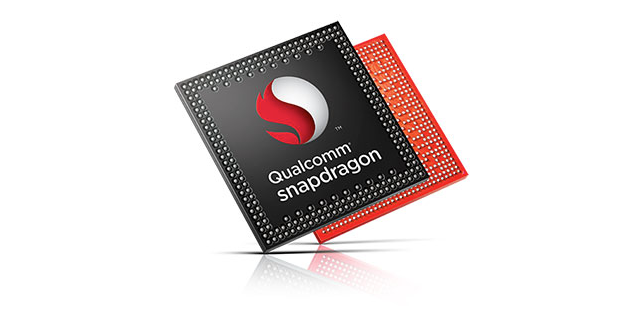
Samsung won't be using Qualcomm's Snapdragon 810 in the next Galaxy S smartphone because of overheating issues, according to a Bloomberg report published this morning. The phone will instead use "Samsung's most advanced chips," according to Bloomberg's sources—this suggests a 64-bit Exynos 7 Octa or a closely related chip.
Though the Galaxy S series isn't the sales juggernaut it once was, it's still one of the single best-selling handsets in the Android ecosystem, and Qualcomm has supplied SoCs for some variants of the S phones since the days of the Galaxy S II. Samsung still uses Exynos chips in S-series phones destined for its home turf in South Korea and some other markets, however, so it wouldn't be a major engineering feat to drop Qualcomm in other territories, especially since Samsung's in-house LTE modems are coming into their own.
In some ways, it's not surprising that the Snapdragon 810 might be giving Qualcomm trouble. The company has switched from using its own custom-designed Krait CPU architecture to off-the-shelf Cortex A57 and A53 designs from ARM, at least in part because of demand for 64-bit chips from OEMs and users (previous Snapdragon generations only used Cortex cores in lower-end SoCs with less potential for thermal problems). Major transitions like that can be tricky, especially when you're working with small, tightly integrated chips. These also aren't the first reports about the 810's overheating problems, and some CES previews of LG's Flex 2 suggested that the phones on the floor kept dimming their screens because they were running too hot. All mobile SoCs throttle their performance to some degree when they run up against heat issues, but most of the time the effects are subtle enough that you won't actually notice them during normal use.
Even if the 810 does have problems, we wouldn't expect phone OEMs to dump it en masse. Samsung is in a unique position, since it already makes its own chips and already develops models of its flagships that use those chips. The likes of HTC, LG, Motorola, and Xiaomi are more likely to stick with Qualcomm for want of other high-end options—LG's Flex 2 and Xiaomi's Mi Note Pro both use the 810. A stumble here for Qualcomm gives competing chipmakers like Samsung, Intel, and Nvidia a chance to win some contracts they may not otherwise have had a chance at, but Qualcomm's entrenched position and more advanced LTE tech will probably keep most companies from switching.
reader comments
59